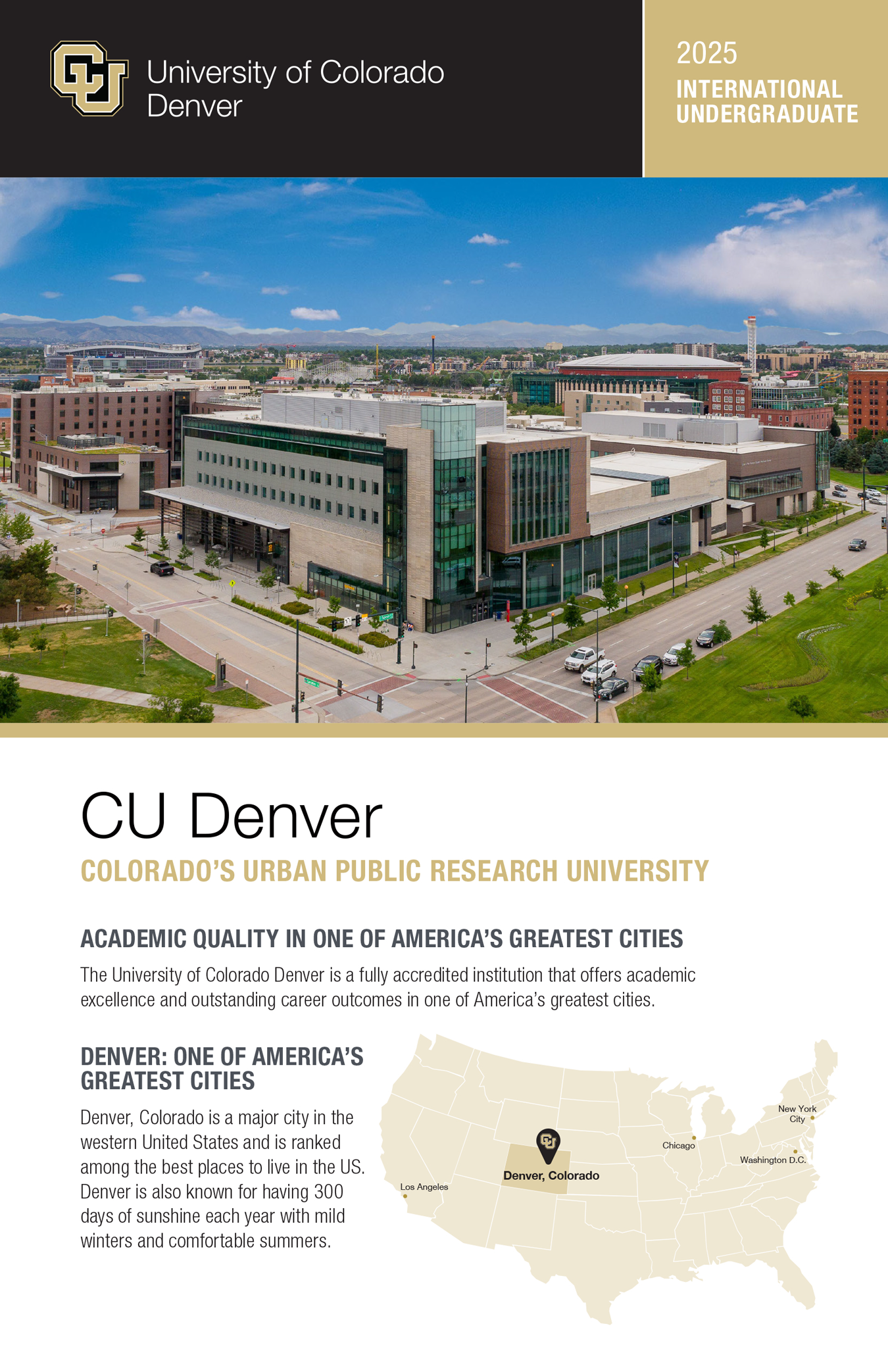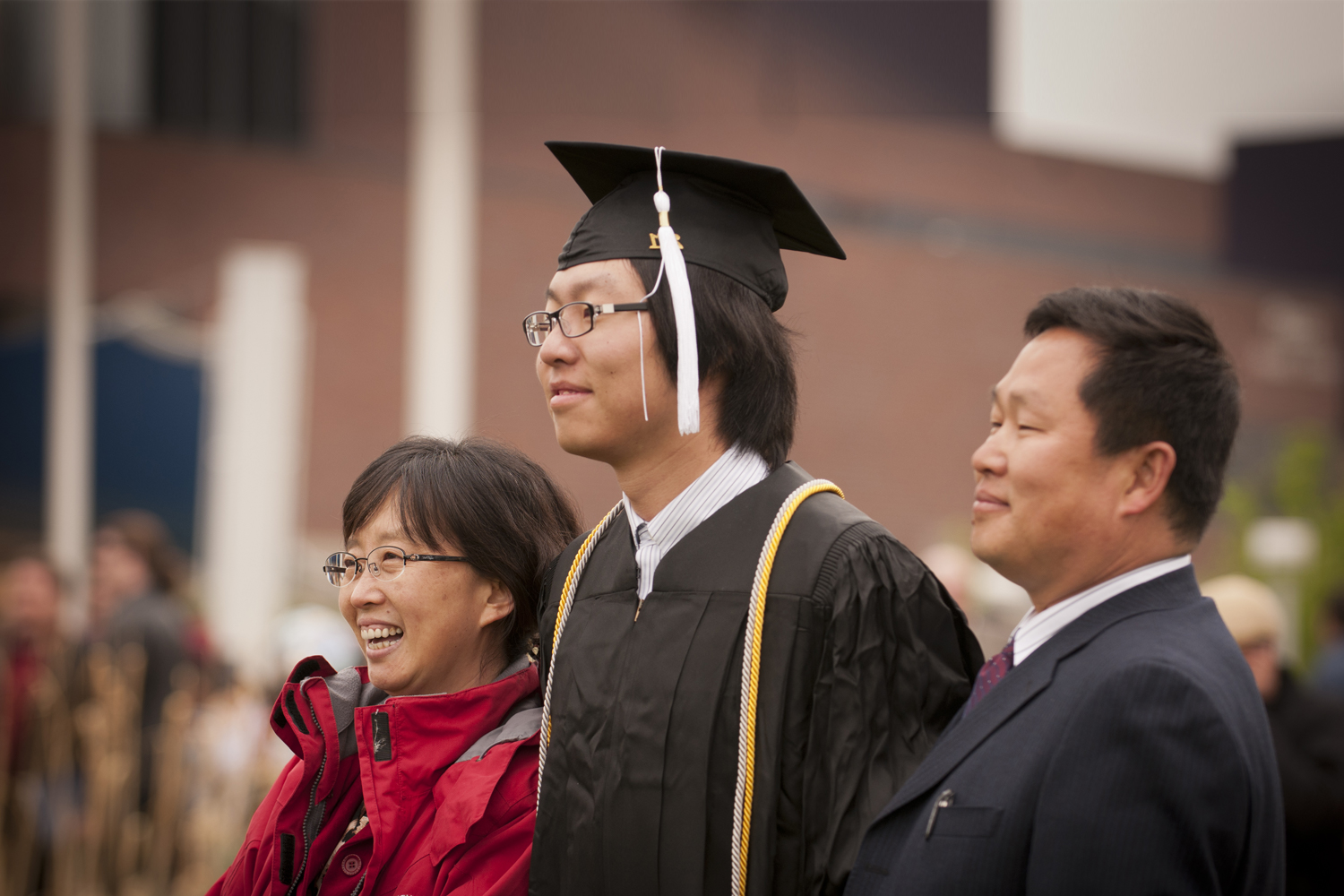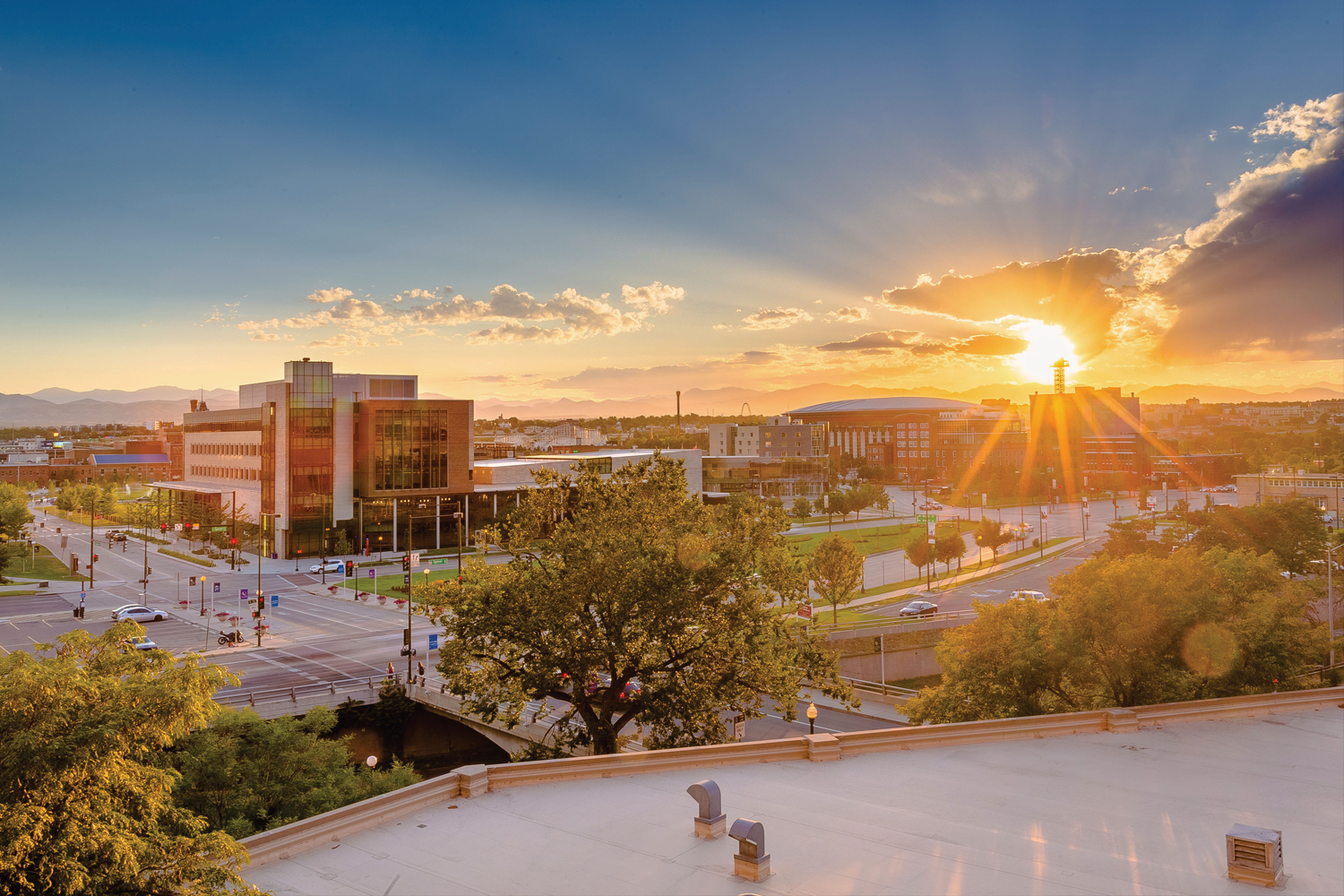New Developments in Immigration
Updates for Academic Institutions & Businesses
Nov 17, 2020
International Student and Scholar Services (ISSS), Office of International Affairs, at the University of Colorado Denver | Anschutz Medical Campus, hosted two free informative virtual webinars to examine the complex current and future developments in immigration impacting academic institutions and business employers throughout the United States in 2020/2021 and beyond. The webinar was part of their ongoing support for international students, researchers, faculty, employees and alumni, as well as for university departments, HR Business Partners, and others.
Immigration attorneys Robert Aronson and Debra Schneider from Fredirikson & Byron, P.A., and subject matter expert Amy Bello, Interim Director, ISSS provided clear, concise explanations to dozens of participants in two webinar sessions. They answered a range of questions about complicated government policy proposals, their effects, and interconnected issues.
Through the sessions, participants were better equipped to understand and manage processes and resources specific to international students, researchers, scholars, and employees within their organizations.
The attorneys and ISSS reviewed constitutional amendments, statutory reform, executive orders, litigation, and agency actions relevant to:
- J-1/Fi term/status limitations
- H1-B constrictions and wage levels
- Public charge rule implementation
- On-campus/remote course requirements
- Travel bans pre and post-COVID
- Immigrant & nonimmigrant visa application processes
- DACA
- Operation OPTical illusion
- Increase in premium processing fee
- National Interest Exemptions
- End of Duration of status
- USCIS policies
The University of Colorado Denver | Anschutz Medical Campus is an official program sponsor for the J-1 Exchange Visitor Program as authorized by the U.S. Department of State. The broad purpose of the J-1 program is to promote international educational and cultural exchange, in order to develop mutual understanding between the people of the United States and other countries. Under the Department of State’s authorization, the university is permitted to offer prospective exchange visitors opportunities for study and research.
Bello pointed out, “We’re encouraging CU Denver | CU Anschutz administrators and staff to contact ISSS as early as possible to mitigate potential negative impacts on your department’s international students and scholars.”
Employment opportunities encourage international student enrollments in U.S. universities.
Optional Practical Training (OPT) and the STEM (Science, Technology, Engineering, Math) OPT extension provide significant short-term workforce advantages for international students as well as for business owners. International students gain valuable experiential learning experience and practical professional training. Employers increase productivity through skilled professional workers who have intercultural communication abilities and can expand their organization’s future global business contacts. Post-completion employment opportunities are repeatedly cited as major factors in students’ decision to choose CU Denver | CU Anschutz.
“For 40 years, the U.S. has maintained OPT and STEM-OPT as a wonderful attribute of our social structure and the country’s economic development,” said Aronson. Consequences from the proposed OPTical illusion add an “economic threat to the U.S. competitiveness in the global marketplace.”
According to a 2019 report from the Niskanen Center, experiential learning opportunities such as Optional Practical Training (OPT) for international students lead to increased innovation and higher average earnings, with no negative impact on U.S. workers. In fact, the impact is positive.
The economic contributions of international students enrolled in universities in the United States totaled $41 billion in 2018-2019 and supported 458,290 jobs in the U.S. For every seven international students, three U.S. jobs are created and supported by spending occurring in the higher education, accommodation, dining, retail, transportation, telecommunications and health insurance sectors. (Source: NAFSA)
Another employment visa category, the H-1B is a nonimmigrant classification used by an employer offering a position in a specialty occupation to an employee who will be temporarily employed (up to 6 years). Specialty occupations include medicine and health, architecture, engineering, mathematics, physical sciences, social sciences, education, certain business specialties, certain computer science specialties, accounting, and law.
Schneider explained how the proposed changes in the H1-B visa category would affect industries as well as institutions. “In particular, the proposed H1-B changes could have a major impact on U.S. companies requiring highly skilled employees who specialize in engineering and information technology,” she said. “Schools and colleges have extremely important international research scholars and faculty who have been working at their universities for thirty years.”
Aronson and Schneider provided a look toward future possible federal changes in 2021 that covered:
- Rescinding of orders
- Humanitarian reforms
- Elimination of travel bans
- Reforms to immigration enforcement
- A walk-back of the Public charge rule
- F-1/J-1; restoration of U.S. competiveness in international education
- H1-B wage reforms
- A possible expedited path to permanent residency for PhD’s in STEM
- Effects on U.S. high-tech industry
To shed more light on what we might anticipate going forward, Aronson and Schneider spoke about potential actions that could:
- spotlight a new narrative and positive attention to international immigrants
- welcome international students and scholars, as the U.S. has done so for decades, to help build the fabric of the U.S. economy
- support the nation to again become more competitive on a global level
“For decades, the Office of International Affairs has supported and advocated for international students and scholars at CU Denver | CU Anschutz,” said Michelle Larson-Krieg, JD, Interim Executive Director of OIA. “We continue to collaborate with colleagues across the county and national organizations including the American Immigration Lawyers Association to stay informed during this time of unprecedented change and help decision-makers understand the importance of transparent and rational immigration policies.”
To learn more about the complicated and often confusing immigration environment along with future anticipated changes, CU Denver | CU Anschutz staff, faculty, and students can access the presentations below.
New Developments in Immigration Recordings
For Departments
For Students & Scholars
For more information, visit online:
International Student and Scholar Services, Office of International Affairs, University of Colorado Denver | Anschutz Medical Campus
Questions? Submit to: isss@ucdenver.edu
Fredrikson & Byron’s Immigration Group offers complete services in all areas of immigration law, with special emphasis on business, arts, and family immigration. For international employees at CU Denver|Anschutz, all requests for employment-based visa sponsorship should go through ISSS. Scholars should not be contacting Fredrikson & Byron directly if they want employment-based university visa sponsorship.






